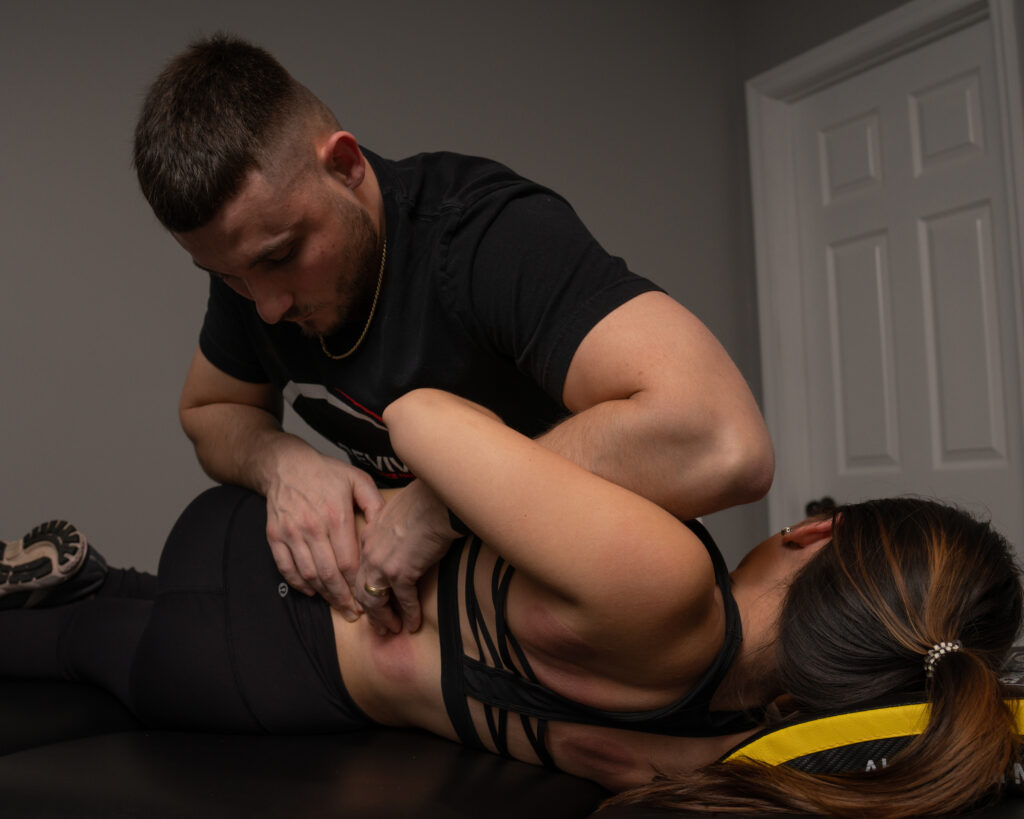Consistency is the bedrock of effective physical therapy. At Revive Performance Therapy in Columbus, we stress the importance of regular therapy sessions and adherence to prescribed exercises for achieving long-term recovery and optimal performance. Consistency ensures sustained progress, prevents setbacks, and helps in building beneficial habits.
Why Consistency Matters in Physical Therapy
Consistent physical therapy is vital for several reasons. Regular sessions ensure that the progress made during therapy is maintained and built upon, leading to continuous improvement. Inconsistent therapy, on the other hand, can result in setbacks and a prolonged recovery process. Engaging consistently in therapy helps prevent re-injury and chronic issues, which can derail your progress and extend recovery times.
Moreover, developing a routine around therapy sessions fosters beneficial habits that promote overall health and fitness. This routine helps integrate physical therapy into your daily life, ensuring that the positive effects of therapy extend beyond the sessions and contribute to your long-term well-being.
Strategies for Maintaining Consistency
Maintaining consistency in physical therapy involves setting realistic goals, creating a regular schedule, and staying engaged with your therapist. Working with your therapist to set achievable milestones can keep you motivated as you celebrate each small victory along the way.
Establishing a regular schedule for therapy sessions and home exercises is crucial. Consistency in timing helps build a habit, making it easier to stick to your therapy regimen.
Staying engaged with your therapist by discussing your progress and addressing any challenges ensures that you remain on track and receive the necessary support.

The Role of at Home Physical Therapy Exercises
Home exercises play a critical role in extending the benefits of your therapy sessions. These exercises help maintain progress between sessions and ensure that the gains made during therapy are not lost. Your physical therapist will provide tailored exercises that you can perform at home, empowering you to take an active role in your recovery.
Taking an active role in your recovery not only reinforces your commitment to your health and performance but also empowers you. By consistently performing home exercises, you can maintain the momentum gained during physical therapy sessions and ensure a smoother, more efficient recovery process.
Consistency in physical therapy is essential for long-term recovery and peak performance. At Revive Performance Therapy in Columbus, we are dedicated to supporting you every step of the way with personalized treatment plans and ongoing support. For more information on the importance of consistent rehabilitation exercises, visit our section on rehabilitation exercises.
Ready to achieve long-term recovery and optimal performance? At Revive Performance Therapy in Columbus, we’re here to support you with personalized treatment plans and dedicated care.
Don’t let inconsistency hold you back—commit to your health and well-being today. Schedule your appointment now and take the first step towards sustained progress and peak performance.
Book Your Free 15 Minute Consultation With Us.
FAQs
How often should I attend physical therapy sessions to see results?
Regular attendance is crucial. Most patients benefit from 1-3 sessions per week, but your therapist will tailor the frequency based on your specific needs and progress.
What should I do if I miss a physical therapy session?
If you miss a session, try to reschedule it as soon as possible. Consistency is key, so maintaining your routine is important for optimal recovery.
Can I do my physical therapy exercises at home?
Yes, home exercises are a critical component of your therapy plan. They help reinforce the progress made during sessions and ensure continuous improvement.
How long will it take to see improvement in my condition? The timeline for improvement varies depending on the severity of your condition and your adherence to the therapy plan. Most patients see significant improvements within a few weeks to months.
What if my condition doesn’t improve with physical therapy?
If you’re not seeing the desired progress, communicate with your therapist. They can adjust your treatment plan or explore alternative therapies to better address your needs.
